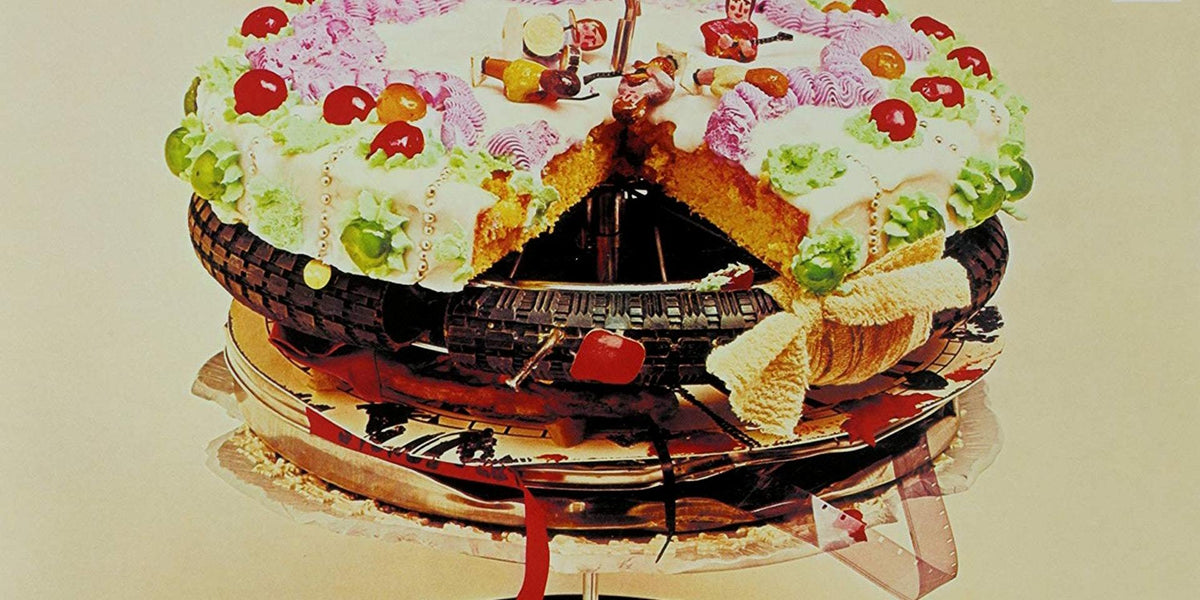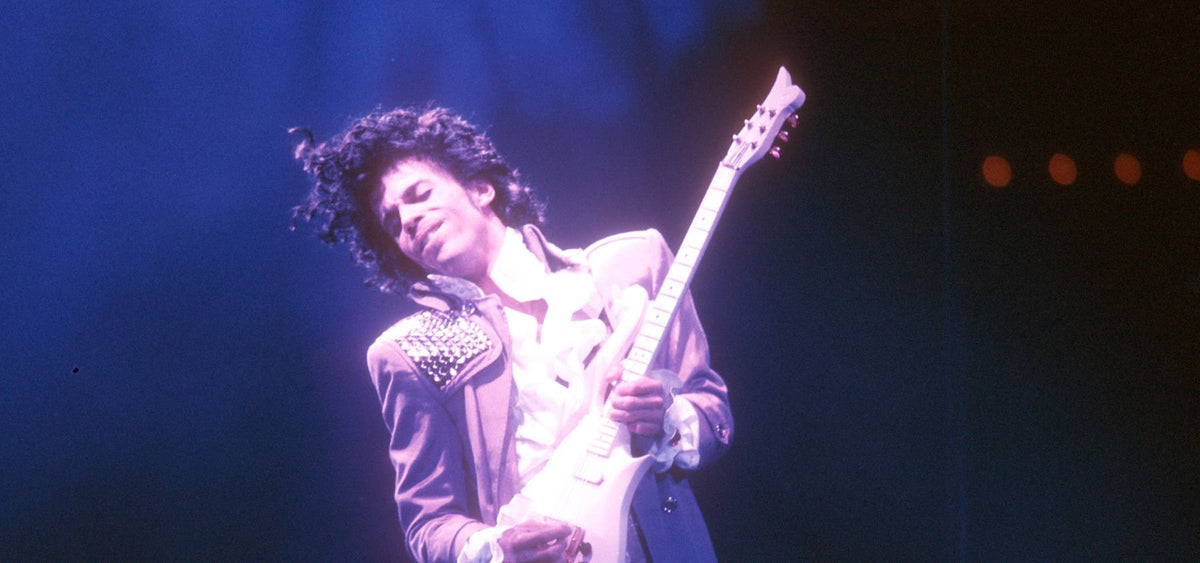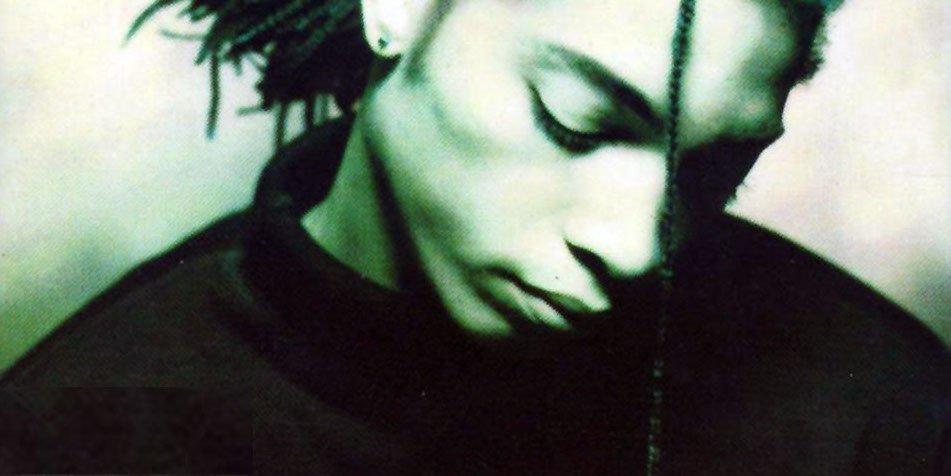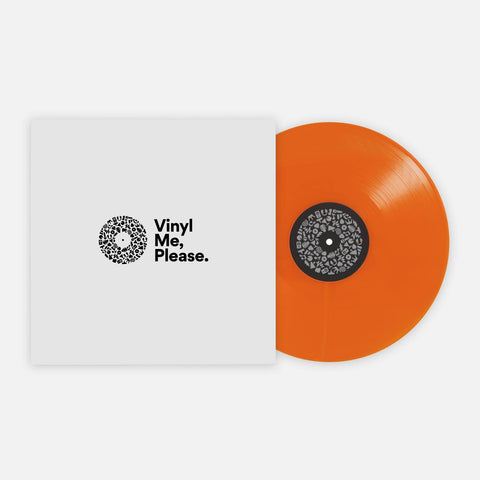New Wave is one of the more difficult genres to define. That is in part because of its incorporation of numerous subgenres (synth-pop, power-pop, New Romantic), but more importantly due to the genre’s murky origins. As punk gained in popularity (as well as a reputation for salacious danger) some industry folks opted for the safer term “New Wave” to describe the raw, back-to-basics rock ‘n’ roll they were trying to sell to kids. But something funny happened: New Wave developed its own proper sound, in a way completely distinct from punk. It’s a forward-reaching sound that incorporates rock, electronics, pop, disco and cool—or at least weird—fashion sensibilities. Is it any wonder that the early years of MTV were entirely dominated by New Wave artists?
The height of New Wave is generally recognized as taking place between the late ‘70s and the mid ‘80s. The defining characteristic that separated New Wave, punk and post-punk were always blurry, but you know it when you hear it. It’s not hard to spot the fundamental differences between the Sex Pistols and A Flock Of Seagulls. New Wave would prove to be more than an early MTV fad as the many bands from the era have influenced nearly every alternative rock subgenre since (college rock, indie rock, alt-rock). Below is a list of the cream of the crop from an era that produced far too many amazing records to mention in one single breathe.

Elvis Costello & The Attractions: This Year’s Model
My Aim Is True, Elvis Costello’s first album, demonstrated that he was a songwriter than could pen eclectic, bitter pop songs with the best of them. But it was his second, and first with phenomenal backing band the Attractions, that he showed he could rock hard too. Opening track “No Answer” is a cocaine-fueled synth-driven rocker. This is Costello at his angriest. Songs range from criticism of consumer culture (“Pump It Up”) to toxic relationships (“Little Triggers”). He released one of his greatest singles “Radio, Radio” around the same time though it was a stand-alone. The song blatantly criticizes the media, and even got him temporarily banned from Saturday Night Live when he performed it on the show (He wasn’t supposed to). That’s just the kind of defiant, wise-ass Costello was when he recorded This Year’s Model.

Talking Heads: Remain In Light
Brian Eno produced three Talking Heads albums, starting with the band’s second: More Songs About Buildings and Food. But it was on their final collaboration, Remain In Light, that they reached genius status. It’s the band’s most experimental album, and yet one of their most popular. The record was influenced by Afrobeat legend Fela Kuti, Arabic music, and a growing interest in the avant-garde. “Once In A Lifetime,” an unsettling ode to not engaging in your own life, was a sleeper hit, eventually becoming one of the group’s most recognizable songs. “Born Under Punches (The Heat Goes On),” a memorizing electro-funk track about paranoia, is most notable for its weird guitar solo that mutates into computer noises. “Crosseyed and Painless” is a stiff, funky jam that depicts alienation better than anything Byrne has ever written (A popular topic for him). The song’s rap breakdown, inspired by Kurtis Blow’s “The Breaks,” is delightfully weird and effective.

Danny Elfman croons the uncomfortable line “I love little girls, they make me feel so good” at the opening of Oingo Boingo’s debut album, Only A Lad. If it doesn’t make you, at least a little uncomfortable, there’s something wrong with you. It’s what the song is supposed to do. In Oingo Boingo’s early years, Elfman was obsessed with exposing America’s dark little secrets. Closing track “Nasty Habits” makes this its mantra. What makes the record work, is how fun it is. Originally conceived in the ‘70s, Oingo Boingo started out as a bizarre multi-media theatrical troupe. The group eventually transformed into a rock band. They took ska influences, elements of musical theater, sinister lyrics and a horn section and created New Wave magic. This would also be Oingo Boingo’s most rock ‘n’ roll album. They were never as good as they were on Only A Lad.

Gary Numan: Pleasure Principle
If Philip K Dick book could be magically distilled into a record, it would likely be Gary Numan’s third album, Pleasure Principle. On it Numan abandons guitars entirely and sings songs about robots imagining what it could be like to human (“Metal”), taking the perspective of the last machine on Earth (“M.E.”) and other creepy, yet emotional sci-fi concepts. Hit single “Cars” ponders how we all have a false sense of security in our vehicles. The use of synths, bass, drum machines, real drums, along with eerie overtones create a strange album that is hard to classify. Consequently, it was a big influence on synth-pop, industrial, and even hip-hop. Years later Numan, while often thought of as a “one-hit-wonder” stayed relevant—an icon even—to niche darkwave bands.

The biggest hit of Nick Lowe’s career, “Cruel To Be Kind” was off his sophomore album, Labor Of Lust. He also wrote one of Elvis Costello’s best songs, “What’s So Funny Bout Peace, Love and Understanding.” His true genius is the cheekily titled Jesus of Cool, a fun, low-fi debut rock album that bounces around with incredible diversity ranging from disco, rockabilly to power-pop. Lowe focuses his incredible cynicism towards the greedy, commercial-obsessed music industry on this record. The rebellion is palatable, in line with punk rock, but just a little too offbeat and intellectual to appeal to the Mohawk-laden, brick-throwing punk kids. On Jesus of Cool, Lowe has never had more fun playing music and writing so many clever tongue-in-cheek lines.

The Waitresses: Wasn’t Tomorrow Wonderful
The Waitresses wasn’t originally intended to be a serious project. That explains the silly, sassy songs like “I know what boys like,” which was the first song that Chris Butler wrote. It’s a sly, hilarious tease, coming from a modern female perspective. He recorded it with friends then shopped it around to labels. The debut album, Wasn’t Tomorrow Wonderful, came out in 1982 and was a modest hit. The lighthearted playful nature of the songs were offset with an undercurrent of dark, subtly experimental songwriting. The Waitresses didn’t have a long shelf-life, but they did release a handful of incredible New Wave songs in their short time as a band.

Argybargy, Squeeze’s third album, would be founder Jools Holland’s final album before rejoining again five years later. It’s also the band’s finest effort. The songs are simple. The lyrics touch on basic subjects such as love and fitting in, from an “average British fellow’s perspective.” The pop melodies, along with the nervy, jerky rhythms make this a unexpected New Wave masterpiece, especially considering how underwhelming the first two Squeeze albums were. The subtle blend of R&B, psychedelic rock, fits this album snuggly between rock and pop, in just the perfect way New Wave so often does. On follow-up album, East Side Story, Squeeze would release their worst single ever, “Tempted.” Argybargy is definitely the Squeeze album to get.

OMD: Architecture and Morality
There were in a sense two different OMDs. There was the early super out-there experimental band, and then the later electronic pop masters. Architecture and Morality is primarily an experimental record, but with moments of spine-tingling pop gold. Single “Souvenir” is an unbelievably catchy song that would set the stage for what synth-pop would become as the ‘80s progressed. The whole album is considered a major synth-pop blueprint. It’s electronic, but very much full of soul. The group took the futuristic synth technologies of the time and created some of the most passionate, lovelorn tunes of their era. Synth bands would continue to wage the war between cold machine and warm-blooded human in years to come. Much of it points back to this record.

Devo: Are We Not Men? We Are Devo
Devo were more than a band; they were a movement: The ultimate performance art project, commenting on shallow American consumer culture, while openly participating in it. They helped to establish music videos as an art form, and their weird merchandising operation was as entertaining as their music. The band, made up of five art school freaks, centered around the motto of “de-evolution” the idea that people are getting worse rather than better. The album that presents this credo in full-form is debut Are We Not Men? We Are Devo. It’s got brilliant stiff rock licks, flushed out with robotic sounds, and a uniform look, stolen (or rather enhanced) from Kraftwerk. The record is a combo of cynical social detachment and sexual frustration. Their backwards robotic cover of Rolling Stones’ “(I Can’t Get No) Satisfaction” would be their biggest single next to monster hit “Whip It” a few years later.

It’s hard to imagine B-52’s in their early days, playing silly, funky surf-based, sexually-liberating, gender-fluid tunes in their hometown of Athens, Georgia. Lucky for them, freaks all over the world discovered their brilliant lunacy. The lyrics are as kitschy as a second-hand store in Las Vegas. The group’s debut self-titled album stays in rotation thanks to the unending success of “Rock Lobster” but the whole record is a fun party album, the kind you’d have after staying up for three days watching back-to-back Ed Wood movies. The songs are barely stitched together—structured chaos—with riffs so simple a third grader could play them. Vocalist Fred Schneider, Kate Pierson and Cindy Wilson seem to pop in and out of the song at random, with fits of singing, talking and shouting.
Aaron is a hard-working freelance writer with a focus on music, art, food, culture and travel. In addition to Vinyl Me Please, he's a regular contributor to Sacramento News & Review, Good Times Santa Cruz, VIA Magazine, Nosiey and Playboy. When he's not working, he's either backpacking, arguing about music, or working on his book about ska. One thing's for sure—he knows more about ska than you.
Related Articles
Join the Club!
Join Now, Starting at $36Pages















